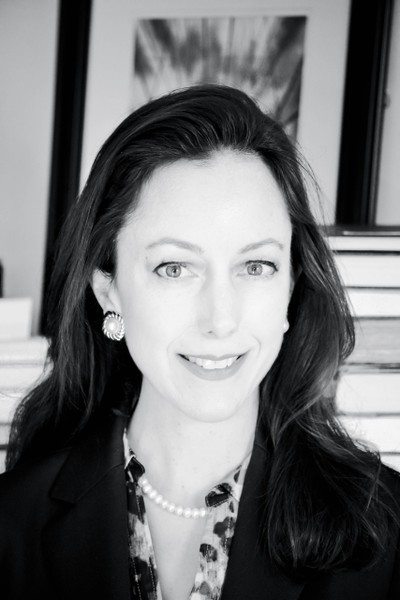
What is your current job? What did you study at Yale? When did you graduate?
Currently, I am an assistant general counsel at the Congressional Budget Office. I studied political theory in the Department of Political Science and graduated in 2004.
What do you like most about your current role? What do you find most challenging and/or rewarding?
My current role allows me to learn constantly – each day I learn more about the federal budget process, the economic and budgetary effects of various policies, and the legislative process, more broadly speaking. In addition, I very much enjoy working with other CBO staff on the day-to-day issues that keep the institution running.
How did your time at Yale shape your career trajectory?
My time at Yale shaped my career trajectory towards federal agencies that function like research institutions. At these institutions, I can draw on both my legal and scholarly background.
What are the main skills that you acquired as a PhD student which help make you successful in your current career?
I acquired the skills required to research issues both thoroughly and efficiently. Also, I learned how to distill and follow lines of argument; how to digest and analyze voluminous texts and sources of information; how to think with logic and with imagination; how to weigh evidence and to account for exceptions. I would like to believe that I acquired a capacity for discernment, a critical faculty that develops over time, from listening to and reading the most eminent scholars in various fields.
Parts of CBO function like a non-partisan think tank, and a large portion of its staff are PhD economists. My background in academia enables me to translate legal jargon to economists and to understand the methods and approaches of economic research. This ability to speak to different professions is rare in DC.
Did you acquire any professional experience related to your line of work while in graduate school?
Yes. I spent a summer with Jerome N. Frank Legal Services Organization working with disabled people in the CT prison system. I also took the Immigration Legal Clinic the following autumn. The clinical professors and other law student interns inspired me with their dedication. I learned the basic elements of good lawyering there, but I also learned how critical it is for people with rights but without resources to have advocates.
What is the biggest challenge that you face in transitioning to different working places/cultures? What do you suggest current students do to prepare for those challenges?
It’s important to think about an organization’s mission, how that affects the workplace, and the pace of work. Do you want a more cerebral focus or one focused on operational issues?
Be patient. It takes a long time to find a good fit. The best job may not be your first, second, or even third one.
Be conscious of the mission of an organization and what you will be doing there. Just because an organization has a mission you like or find fascinating doesn’t mean your job will be. Inspired by Vincent Scully, Yale’s legendary professor, I wanted to find a position that combined law with architecture. My first position as an attorney was at the Department of Housing and Urban Development, and I was very excited to start work there. However, I found myself writing regulations rather than determining policy in those early days.
